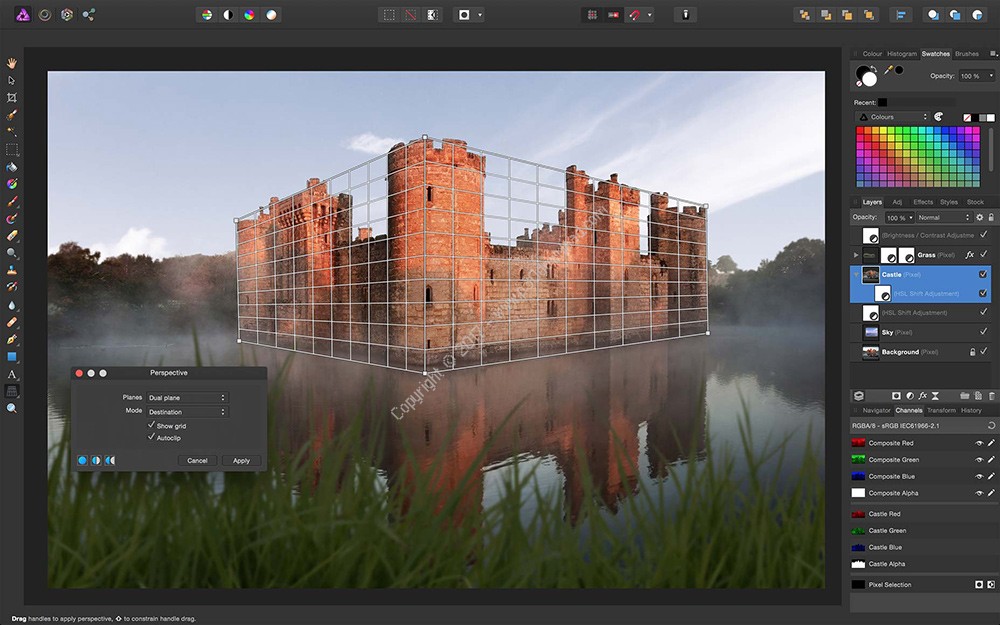


Of particular interest is exploiting metal–organic frameworks as tunable platforms for energy storage, luminescence, and sensing.ġ. Her research is focused on both the fundamental and applied aspects of materials for energy and environment-related applications. She is currently a Senior Member of Technical Staff at Sandia National Laboratories in Albuquerque, NM, where she previously completed her postdoctoral work (2010–2013). Dr Eddaoudi's eminent contribution to the burgeoning field of MOFs is evident from his selection in 2014 as a Thomson Reuters Highly Cited Researcher.ĭorina Sava received her PhD in Materials Chemistry from the University of South Florida in 2009 under the supervision of Professor Mohamed Eddaoudi. Their prospective uses include energy and environmental sustainability applications. His research focuses on developing strategies, based on (super)-molecular building approaches (MBB, SBB, SBL), for rational construction of functional solid-state materials, namely MOFs. After postdoctoral research (Arizona State University, University of Michigan), he started his independent academic career as Assistant Professor, University of South Florida (2002), Associate Professor (2008), Professor (2010). He received his PhD in Chemistry, Université Denis Diderot (Paris VII), France. He is currently Professor of Chemical Science and Associate Director of the Advanced Membranes and Porous Materials Center, King Abdullah University of Science and Technology (KAUST, Kingdom of Saudi Arabia). Mohamed Eddaoudi was born in Agadir, Morocco.

The interest in this unique subset of MOFs is correlated with their exceptional characteristics arising from the periodic pore systems and distinctive cage-like cavities, in conjunction with modular intra- and/or extra-framework components, which ultimately allow for tailoring of the pore size, pore shape, and/or properties towards specific applications. This review highlights various design and synthesis approaches toward the construction of ZMOFs, which are metal–organic frameworks (MOFs) with topologies and, in some cases, features akin to traditional inorganic zeolites.


 0 kommentar(er)
0 kommentar(er)
